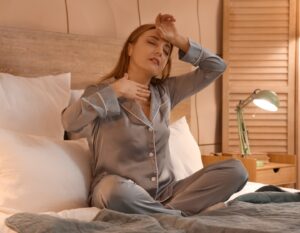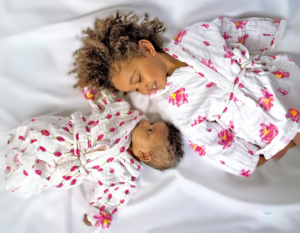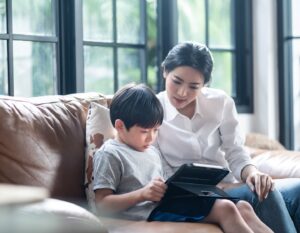
 Post Category - Health & WellnessHealth & Wellness - Post Category - WellnessWellness
Post Category - Health & WellnessHealth & Wellness - Post Category - WellnessWellnessIt’s becoming increasingly common for children, and even toddlers, to need glasses. If your kids suffer from shortsightedness or myopia, you’ll be relieved to know that there are plenty of safe treatments and control options available in the city.
Have you spotted your kids squinting when reading? Or complaining of constant headaches? Now that they are back at school, are they showing a lack of interest in learning? It may be time to check your child’s eyes to see if they need glasses. Myopia is on the rise amongst children in Hong Kong. With young children, it’s especially alarming if conditions worsen as the kids grow. We speak to the experts about treatment options.
Editor’s Note: This post is for informational purposes and cannot substitute professional medical advice.
Read More: Get Back-To-School Ready – School Supplies, Extracurriculars And More
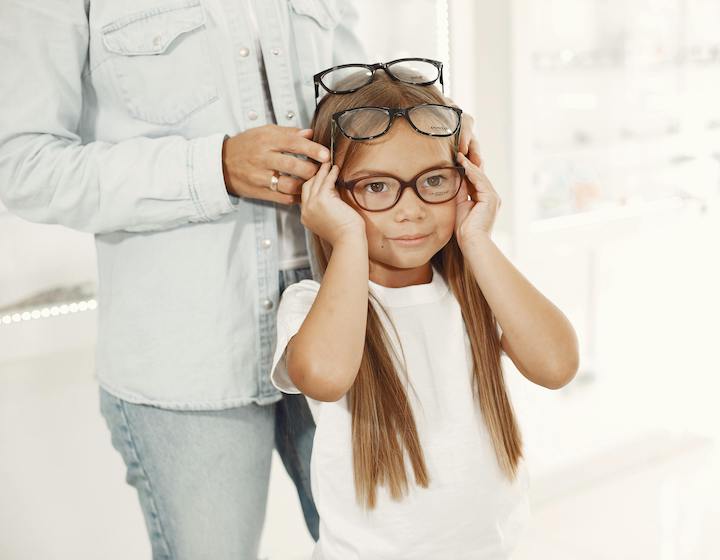
Why do so many children these days have eyesight problems?
Ophthalmologists and optometrists in Hong Kong agree that eyesight issues can be attributed to kids’ lifestyles, and both genetic and environmental factors play a role in the development of myopia. The excessive screen time and the strain that this put on our children’s eyes, coupled with the lack of outdoor physical activity, especially during the COVID years has led to many eyesight problems in children. Remember that myopia is nearsightedness and most of the kids these days are doing “near” work, i.e. working close to laptops, holding up books, mobile phones, etc. This is not balanced by enough outdoor activity, in which kids naturally look into the distance.
Since the pandemic, earlier onset of myopia, for kids between 5 and 6 years, has become more common. This is coupled with a steep progression of myopia in children, also known as the “Myopia boom”. Research in Hong Kong revealed that the myopia prevalence in children increased by 50% after the pandemic.

Is myopia the primary eyesight issue amongst children?
Hong Kong ophthalmologist, Dr Pian Yip, stresses the importance of taking kids for regular eye checks — and early — because some eyesight problems are treatable at a young age.
“Myopia isn’t the only problem kids face these days. It’s important to take your kids for an eye check because blurred vision could also be due to amblyopia (aka lazy eye), squint, congenital abnormality of the eyes, or rarely, an ocular tumour. Amblyopia is very common and there is a window period for treatment and early detection results in a higher treatment success rate.”
Another common refractive issue includes the high prevalence of astigmatism occurring alongside myopia in children. Astigmatism refers to the uneven curvature of the eye’s surface. According to Dr. Sa Kai Bong, Behavioural Optometrist, research indicates that one in every five children in Hong Kong has moderate to severe astigmatism, influenced by genetic, environmental and lifestyle factors.
Sometimes there are other problems as well related to binocular vision and accommodation. Behavioural optometrists, Dr. Sa Kai Bong and Priscilla Ma Lok Hang, explain:
“Binocular vision (or eye teaming) is essential for the accurate convergence and divergence of the eyes, maintaining stable, binocular single vision and visual comfort. Deficiencies in binocular coordination skill can lead to eye strain, fatigue and difficulty focusing while reading. Meanwhile, accommodation – the ability to efficiently change focus between near and far objects, can also be impacted, resulting in blurred vision and eyestrain, negatively affecting learning performance.”
Fortunately, these problems can also be detected through a behavioural optometric assessment and effectively managed through lenses and vision therapy.
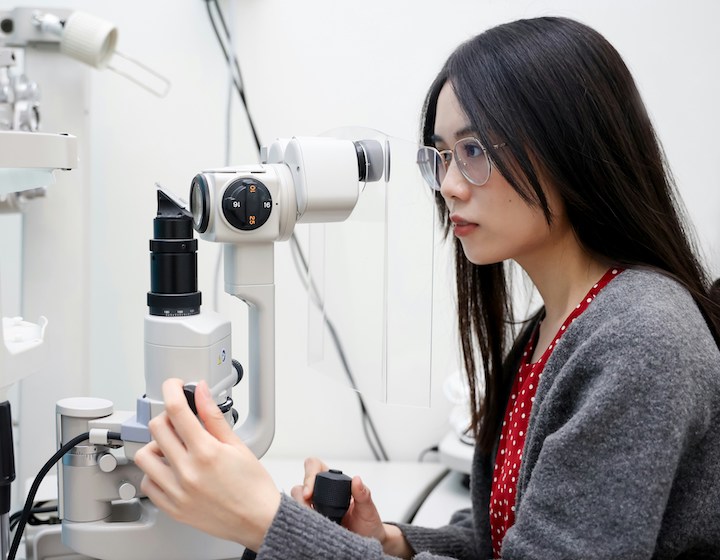
Can myopia in children be reversed?
Unlike some eye conditions, myopia cannot be cured in children but there are ways to control it and slow its progression. Common ways to control nearsightedness include:
-
Myopia control through the use of low-dose atropine eyedrops
Studies suggest that 0.01% – 0.05% atropine eyedrops can be effective to slow down or stop the progression of myopia for close to 75% of children. It is usually prescribed to use once daily (at night). The only drawback is that pupils will be slightly dilated and results in a bit of photophobia under bright light.
-
Myopia-control glasses
These glasses with a special optical design have been found to be effective as well, but the efficacy sometimes varies and often depends on the compliance of wearing glasses. Often, parents combine this with the atropine eyedrops.
-
Orthokeratology (OK lens)
This is also a very popular method to control myopia in Hong Kong, allowing children with mild myopia to be free of glasses eventually. The child wears a type of rigid gas permeable lens worn during the night to reshape and flatten the cornea to temporarily corrects myopia. The downside is that it requires an extremely diligent cleaning routine, best assigned to Mamas. Poor contact lens hygiene at night can lead to corneal infections, or more serious eye problems.
-
Soft contact lenses for myopia management
Hong Kong has many contact lens offerings for children, including the Acuvue Abiliti 1-day lenses, the CooperVision MiSight 1-day lenses and the DISC-1 day lenses (developed by The Hong Kong Polytechnic University). These lenses are for day use and are designed such that they allow only part of the light to enter, creating a myopic defocus which slows down myopic progression. These lenses cannot correct astigmatism, and are recommended for kids over the age of six, who can put in lenses on their own.
Besides these established methods, other methods of myopia control in children are being studied. Emerging technologies, such as red-light therapy, are also being explored, with clinical trials ongoing. Additionally, lifestyle modifications, including adequate outdoor activities (ideally 1 to 2 hours per day on average), regular breaks from visually demanding tasks, good posture and working distance and appropriate ambient lighting all play a crucial role in myopia control.
From what age is surgery an option for myopia?
The doctors we interviewed recommend laser refraction surgery, like LASIK or SMILE, only after refractions have been stable for more than a year prior to the operation (preferably 2 years). While there is no hard and fast rule, this is usually after the age of 18 years.
The surgery require meticulous pre-operative planning and is an irreversible corneal operation. Therefore, if you are not confident with the procedure, contact lenses and glasses, are always safe alternatives to consider.
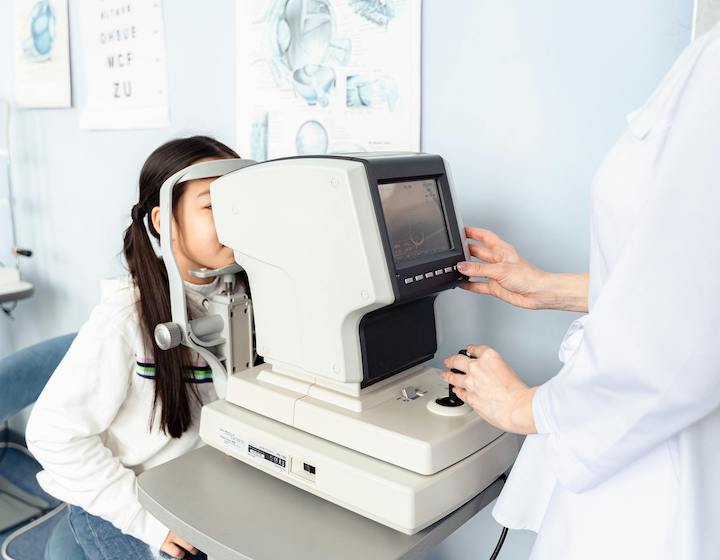
Where can you consult children’s eye doctors in Hong Kong?
Hong Kong is full of ophthalmologists and optometrists, many of whom specialise in paediatric eye-care services. They will be able to advise you on the best course of treatment. Medical clinics and hospitals experienced in treating children’s eyesight problems include:
Premier Medical Services
This full-service medical centre has an established team of ophthalmologists. The ophthalmology and paediatric centre is conveniently located in Central. Dr Christopher Yu is one of the best known ophthalmologists for children’s eye treatments in Hong Kong.
Premier Media Services – Ophthalmology & Paediatrics, Suite 733, Central Building, 1 Pedder Street, Central, Hong Kong, WhatsApp: 5541 1216, www.premiermedical.com.hk

Gleneagles Hospital Hong Kong Eye Clinic
An established hospital, the Gleneagles eye clinic offers a range of services, including a children’s myopia care plan. This includes atropine drops, Ortho-K lenses as well as soft contact lenses for myopia (as advised by the consulting ophthalmologist).
Gleneagles Hospital Hong Kong Eye Clinic, Clinic F, G/F, Tower A, Gleneagles Hospital, 1 Nam Fung Path, Wong Chuk Hang, Hong Kong, WhatsApp: 6452 3581, www.gleneagles.hk
Visionary Eye Care
This team of behavioural optometrists works with children and adults. A behavioural optometrist takes a holistic approach in understanding vision, exploring its relationship to everyday learning and life. The scope of practice takes into consideration not only how well a person can see, but also whether they can see comfortably, how they process the visual information.
Visionary Eye Care, Wing On House, 71 Des Voeux Road Central, Hong Kong, 3568 4656, www.visionary-eyecare.com.hk
Dr Yau Kin & Dr Pian Yip Eye Clinic
This team of ophthalmologists in Kowloon provides eye care for kids and adults. The clinic utilises a wide variety of state-of-the-art technology to ensure precise diagnoses and effective treatments.
Dr Yau Kin & Dr Pian Yip Eye Clinic, 2721 2888, www.eyedoc.hk
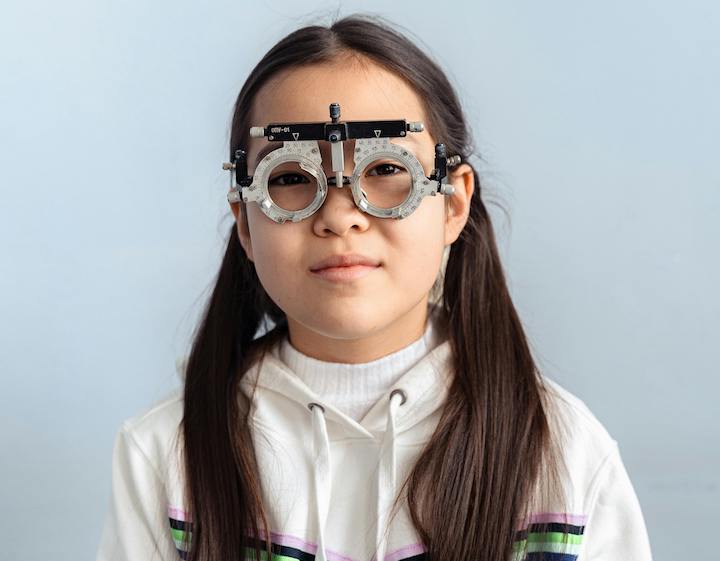
Eye Institute of Hong Kong
This private ophthalmic practice has multiple sub-specialties, including corneal & refractive surgery, children’s myopia control and treatment of medical retina diseases. It has a wide range of well-known ophthalmologists and optometrists.
Eye Institute of Hong Kong, 1416-1421, Prince’s Building, 10 Chater Road, Central, Hong Kong, 2360 2990
Hong Kong Sanitorium Hospital Department of Ophthalmology
This hospital has eyecare services at the main hospital, as well as a specialised branch in Admiralty. The doctors treat and correct a range of eyesight problems in children including myopia, hypermetropia, astigmatism, squint, lazy eye and even congenital cataract.
HKSH Department of Ophthalmology, 4/F, Li Shu Fan Block, Hong Kong Sanatorium & Hospital, 2 Village Road, Happy Valley, Hong Kong, 2835 8880
HKSH Ophthalmology Centre, Level 21, One Pacific Place, 88 Queensway Hong Kong, Admiralty, Hong Kong, 2855 6700, www.hksh-hospital.com
Hong Kong Eye Surgery Centre
This practice is part of the reputed Hong Kong Eye Consultants in Central. The surgical team includes ophthalmologists, nurses, optometrists and health care personnel. They also provide children’s eye care services.
Hong Kong Eye Surgery Centre, 2302-3, 23/F Melbourne Plaza, 33 Queen’s Road Central, Hong Kong, 2523 6610, www.hkeyesurgery.com

Children’s Myopia Control Centre, Optical 88
Started as an optical retail chain for eyewear in Hong Kong, Optical 88 has slowly expanded its services to include ophthalmology and hearing care services, focusing on children’s myopia control.
Optical 88, various locations across Hong Kong, www.optical88.com.hk
Eyesight Hong Kong Optometry Center
Eyesight Hong Kong offers comprehensive eye care services for children and adults, with a focus on myopia control for kids. Their experts can make recommendations for night lenses (Ortho-K), defocus lenses and the specially designed glasses and provides expected efficacy rates.
Eyesight Hong Kong Optometry Center, Room 1506, Leighton Centre, 77 Leighton Road, Causeway Bay, Hong Kong, 2153 0008, www.eye.hk
Editor’s Note: This post was originally published by Vanessa Thai in 2015 and updated by Anita Balagopalan in September 2024.
 View All
View All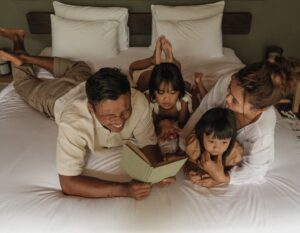
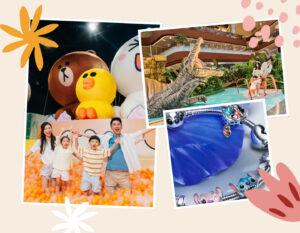
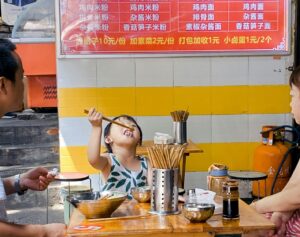
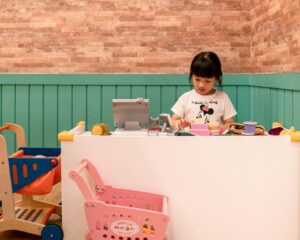

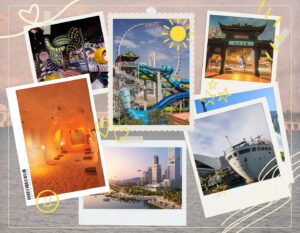
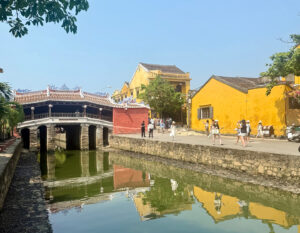
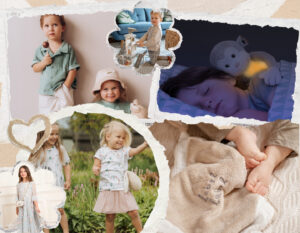
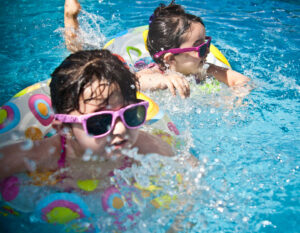
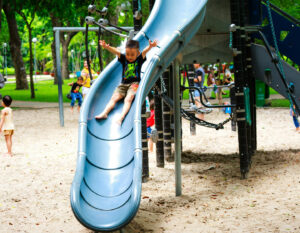
 View All
View All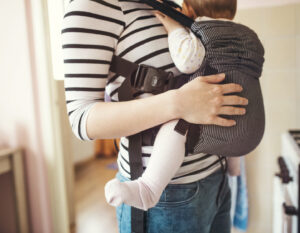
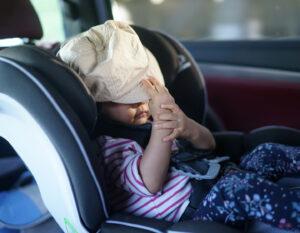

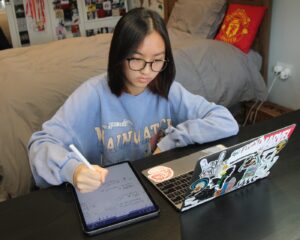
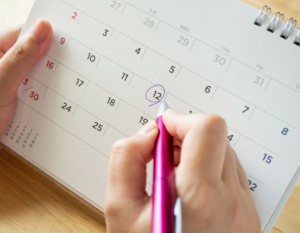
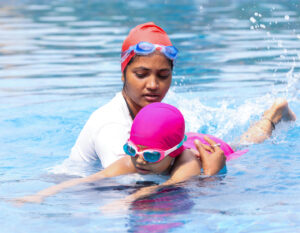
 View All
View All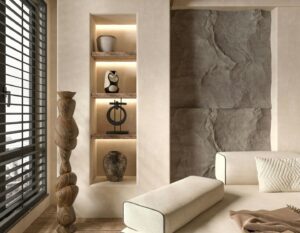


 View All
View All